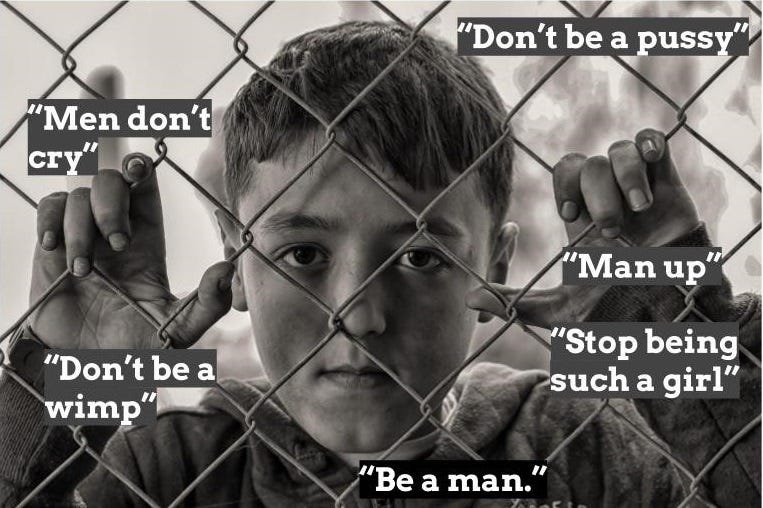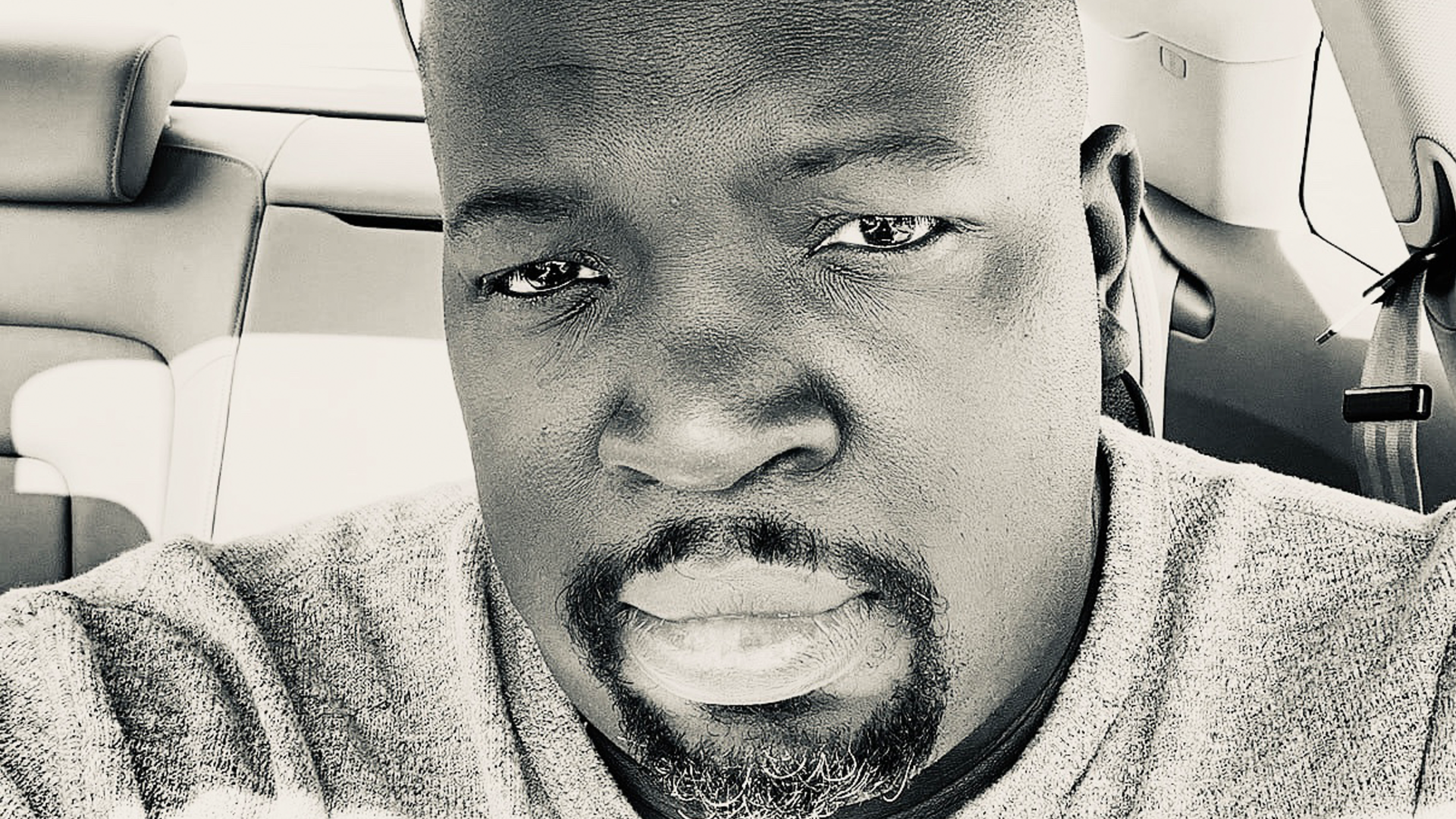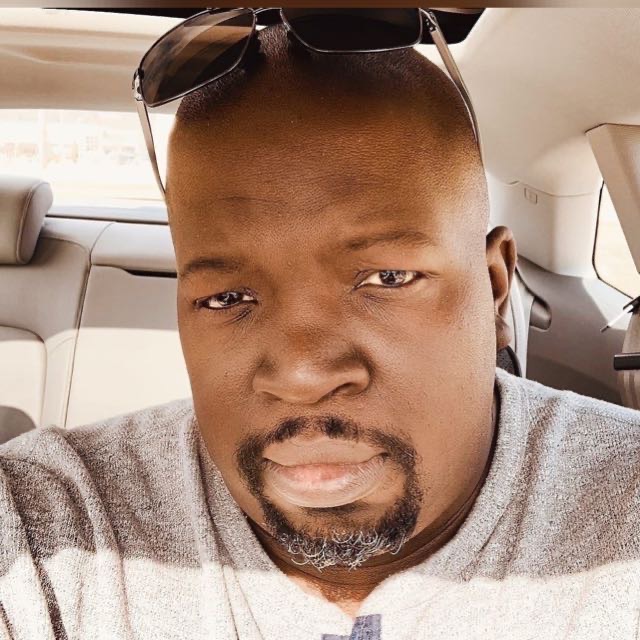Controlling the Ego: A Solution for Toxic Masculinity

In recent years, the term “toxic masculinity” has gained prominence in discussions around gender and social issues. It refers to a set of cultural norms and expectations that pressure men to behave in ways that are harmful to themselves and others, such as suppressing emotions, exerting dominance, and resorting to violence. One of the primary factors contributing to toxic masculinity is the ego — the sense of self-importance that often drives individuals to act in ways that boost their self-esteem at the expense of others. This article will explore how controlling the ego can provide a solution to toxic masculinity, leading to healthier relationships, improved mental health, and a more equitable society.
My Personal Journey: Confronting Toxic Masculinity and Intimacy Issues
As someone who has struggled with toxic masculinity and intimacy issues for the better part of my life, I feel compelled to share my discoveries and understandings in the hope that my experiences can provide guidance and support for others facing similar challenges.
Growing up, I was exposed to societal expectations that dictated how a man should behave: tough, unemotional, and dominant. Consequently, I began to internalize these beliefs, which led to the suppression of my emotions and an unhealthy relationship with vulnerability. This toxic mindset impacted my ability to form meaningful relationships and foster emotional intimacy, as I continuously prioritized my ego over the needs and feelings of others.
Recognizing that I needed to address these issues, I embarked on a journey of self-discovery and growth. Here are some of the key realizations and strategies that have helped me overcome the influence of toxic masculinity and develop healthier relationships:
- Acknowledging the problem: The first and most crucial step in my journey was recognizing that my behavior was negatively affecting my relationships and mental health. I had to confront my ego and accept that my beliefs and actions were rooted in toxic masculinity.
- Seeking professional help: Realizing that I couldn’t tackle this issue alone, I reached out to a therapist who helped me unpack my ingrained beliefs and develop healthier coping mechanisms. This support was invaluable in guiding me through the process of understanding and overcoming my intimacy issues.
- Building a support network: Surrounding myself with like-minded individuals who understood the challenges I was facing was essential. This support network allowed me to share my experiences openly, receive encouragement, and learn from others who had successfully navigated similar issues.
- Learning to communicate: Developing the ability to express my emotions and communicate openly with my loved ones played a pivotal role in my journey. By sharing my feelings and actively listening to others, I started to break down the barriers that had hindered my emotional connections.
- Prioritizing self-care: As I learned to manage my ego and challenge toxic beliefs, I also recognized the importance of self-care. Engaging in activities that promote mental and emotional wellbeing, such as exercise, meditation, and hobbies, has helped me maintain a more balanced and healthy mindset.
Understanding the Ego’s Role in Toxic Masculinity
The ego is an aspect of one’s identity that seeks validation and recognition. In many cases, it can lead to self-serving behavior and a focus on maintaining power and control. In the context of toxic masculinity, the ego plays a significant role in perpetuating harmful behaviors and beliefs, such as:
- Competition and aggression: Men often feel pressured to assert their dominance and prove their worth by outperforming their peers. This can lead to aggressive behavior, both physically and emotionally, as a means to secure status and power.
- Emotional suppression: The ego can drive men to hide their emotions to maintain an image of strength and toughness, preventing them from seeking support or expressing vulnerability.
- Objectification: The ego’s need for validation can lead men to treat women as objects, valuing them based on their physical appearance or sexual desirability rather than their individuality and humanity.
Controlling the Ego: Strategies and Solutions
To combat toxic masculinity and foster healthier mindsets, men must learn to control their egos and prioritize empathy, emotional intelligence, and self-awareness. The following strategies can help in this endeavor:
- Develop self-awareness: Becoming more conscious of one’s thoughts, feelings, and behaviors can help men identify and address the ways in which their ego may be driving toxic behavior. Mindfulness practices, such as meditation and journaling, can be particularly effective in promoting self-awareness.
- Practice empathy: Cultivating empathy involves placing oneself in another person’s shoes and attempting to understand their feelings and experiences. By developing empathy, men can better appreciate the impact of their actions on others and make more informed decisions.
- Embrace vulnerability: Challenging the idea that vulnerability is a sign of weakness is crucial in dismantling toxic masculinity. Men should be encouraged to express their emotions openly and seek support when needed.
- Encourage open communication: Honest and open conversations about emotions, boundaries, and expectations can help create a supportive environment in which men feel comfortable sharing their feelings and addressing any concerns related to their ego.
Controlling the ego is a vital step towards addressing toxic masculinity and promoting healthier attitudes towards gender, relationships, and society as a whole. By practicing self-awareness, empathy, vulnerability, and open communication, men can learn to regulate their egos and foster a more inclusive and equitable world for everyone.
Ultimately, dismantling toxic masculinity benefits not only men but also women and society as a whole, leading to healthier relationships, improved mental health, and a more compassionate world.
Lyron Foster is a Hawai’i based African American Author, Musician, Actor, Blogger, Philanthropist and Multinational Serial Tech Entrepreneur.

